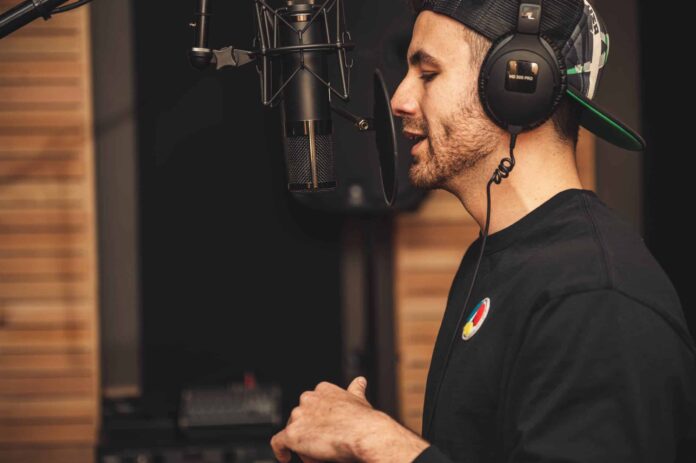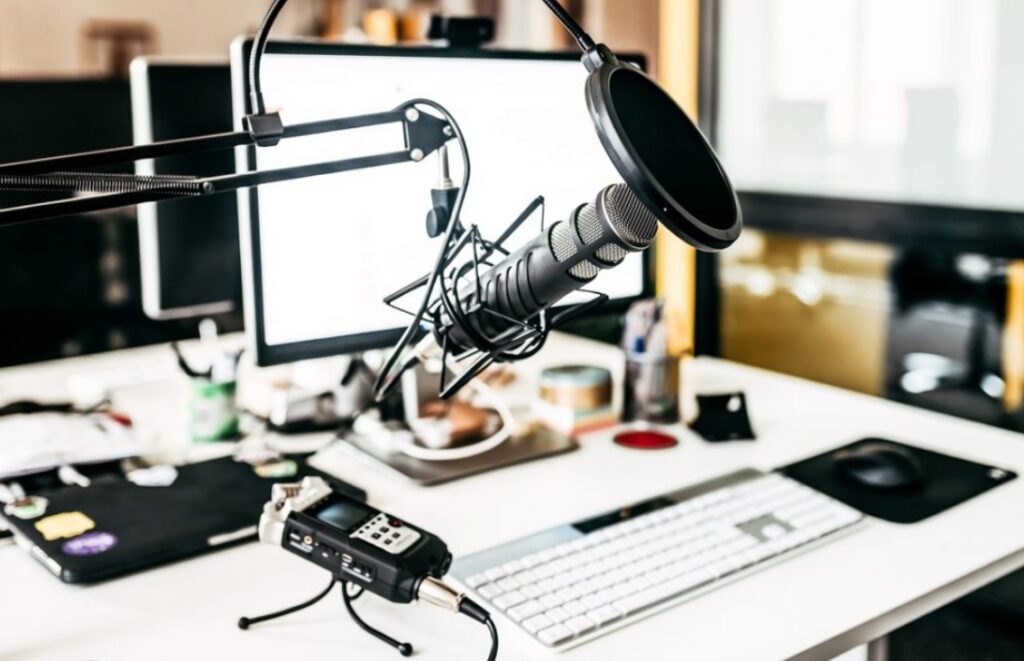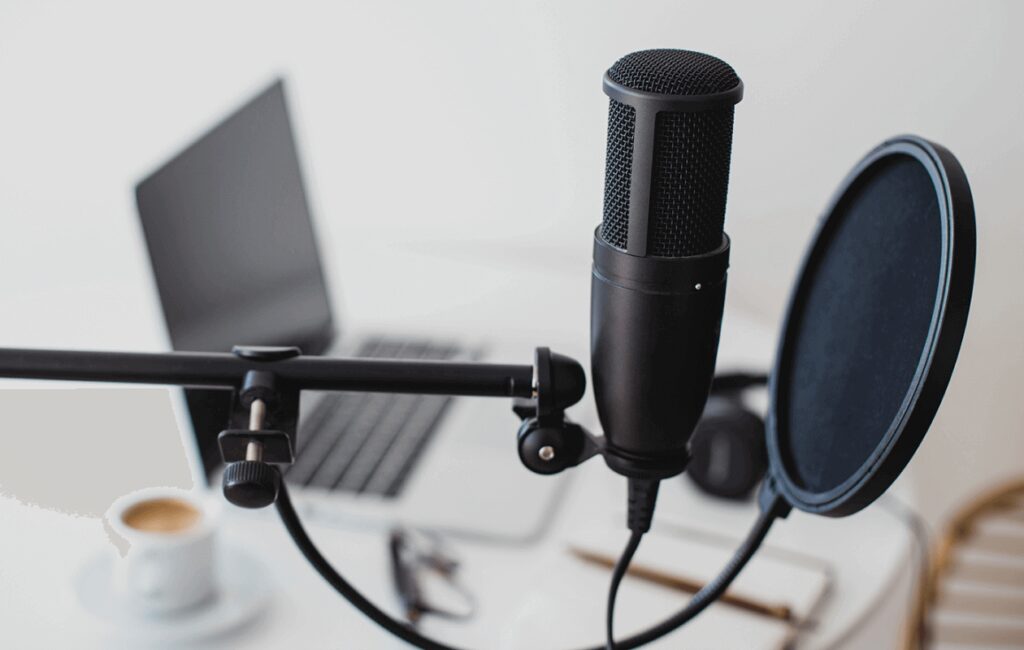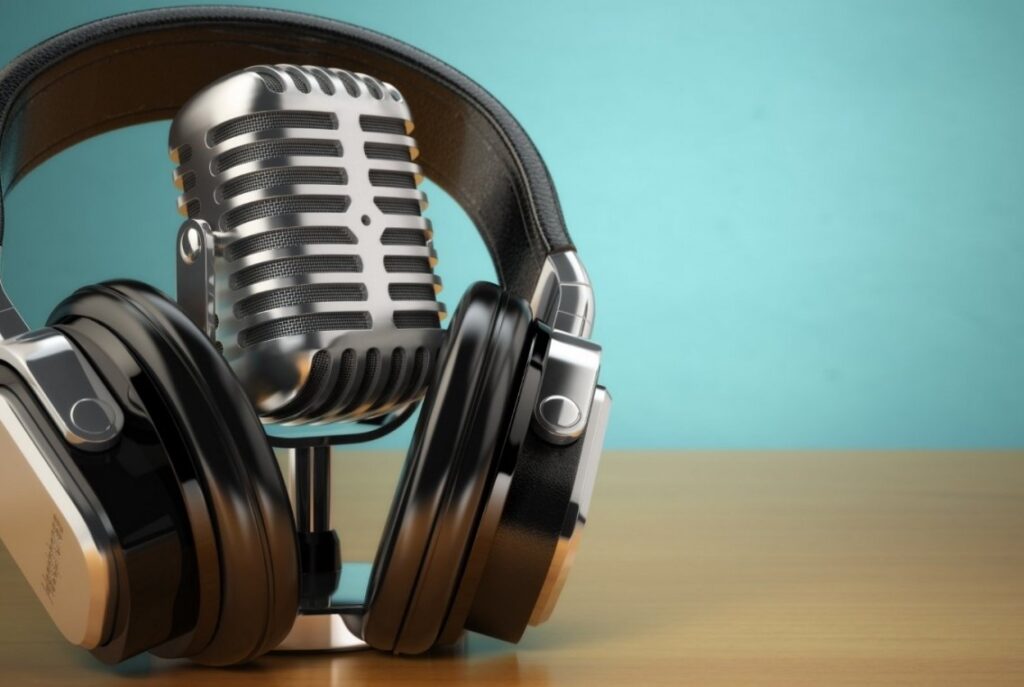
When you’re launching a podcast, one crucial decision is whether to build your own studio or rent one. This choice can significantly impact your budget, quality of content, and overall experience as a podcaster. Let’s unpack these options to help you make an informed decision.
Building Your Own Studio
Creating a podcast studio is an exciting endeavor, especially when it comes to the Dubai Podcast Studio. It puts you firmly in the driver’s seat, offering complete control over your studio’s environment and equipment.
This control ensures that your podcast maintains a consistent quality and vibe, which is crucial for engaging your audience effectively.
However, it’s important to note that this option does come with a significant upfront investment.
Initial Investment and Ongoing Costs

Constructing a studio means buying microphones, mixers, soundproofing materials, and possibly high-end recording software.
These costs add up quickly, especially if you aim for professional-grade equipment. Additionally, consider the ongoing expenses for maintenance and upgrades.
Customization and Comfort
The advantage of building your studio is the ability to customize it to your exact needs. You can create a space that not only enhances sound quality but also feels comfortable for you and your guests. This comfort can translate into more relaxed and authentic podcast recordings.
Learning Curve and Time Investment
Setting up a studio requires technical know-how. You’ll need to understand acoustics, equipment setup, and potentially complex software.
This learning curve can be steep, and the time investment significant, especially in the initial stages.
Renting a Studio
Renting a studio can be a more practical option for many podcasters, especially beginners or those with budget constraints.
Cost-Effectiveness and Flexibility
Renting allows you to access high-quality equipment and a professional setting without the hefty initial investment. It’s also flexible; you pay for what you need when you need it.
This model can be particularly appealing if you’re producing episodes infrequently or are still gauging your podcast’s long-term viability.
Professional Environment and Networking

Many rental studios offer not just equipment but also a professional environment. This setting can elevate the quality of your podcast. Furthermore, these spaces often provide networking opportunities with other podcasters and industry professionals.
Limitations and Availability
The downside to renting is the lack of control. You’re subject to the studio’s availability, rules, and potentially its equipment limitations.
This lack of control can be a significant drawback if you have a specific vision for your podcast or need to record on a tight schedule.
Hybrid Approach
A hybrid approach involves using a combination of home setup for some recordings and renting a studio for others. This approach can balance cost-effectiveness with quality.
Flexibility and Quality Balance
You can record solo episodes or less formal chats in your home setup and reserve studio rentals for high-profile interviews or episodes requiring top-notch sound quality. This method allows for flexibility and maintains a high-quality standard when necessary.
Conclusion

Choosing between building or renting for your podcast hinges on various factors, including your budget, podcast type, technical skills, and long-term vision.
Building your studio offers control and customization but requires a significant investment of time and money. Renting provides professional quality and flexibility without the hefty upfront cost but comes with its limitations.








